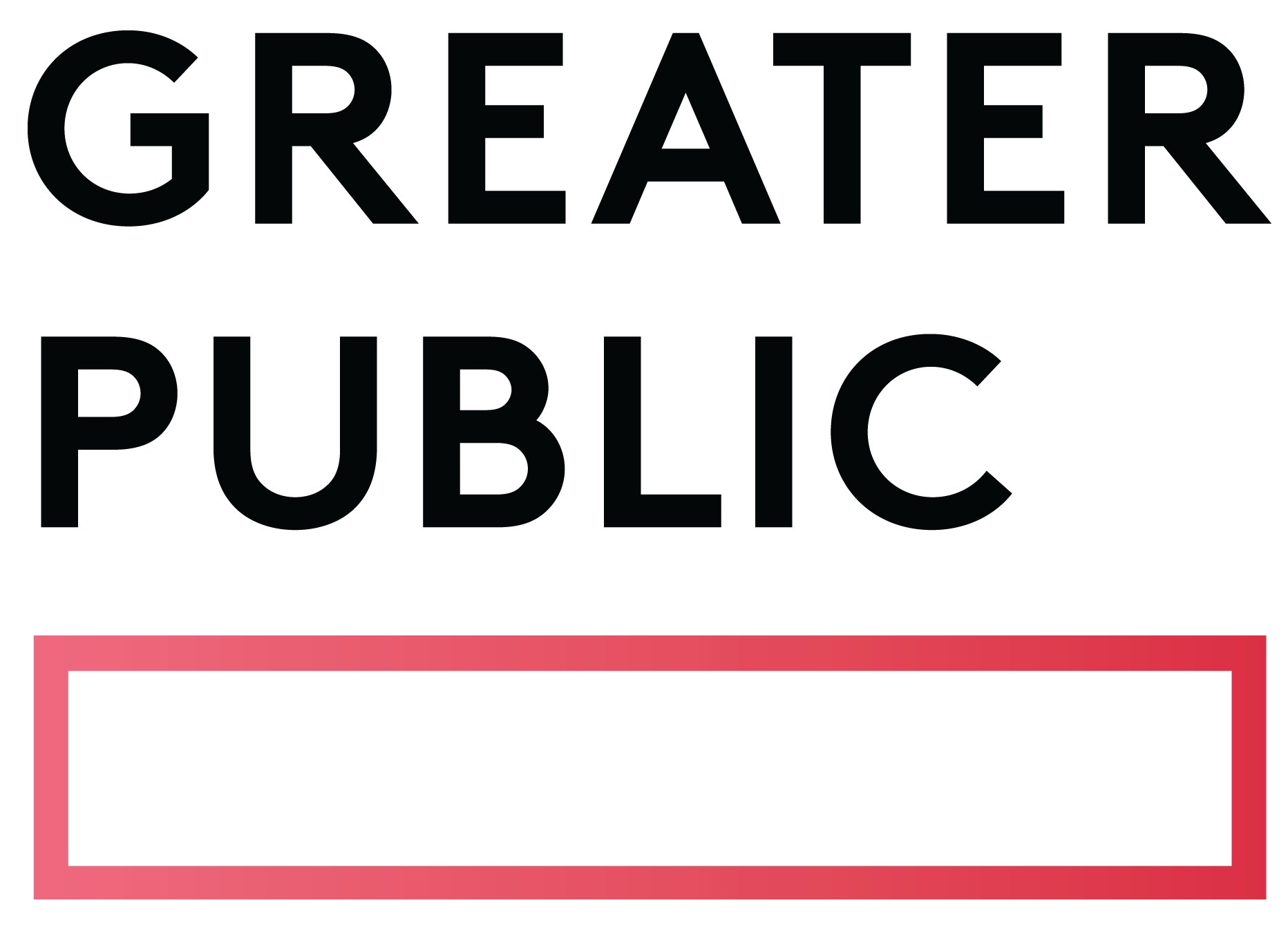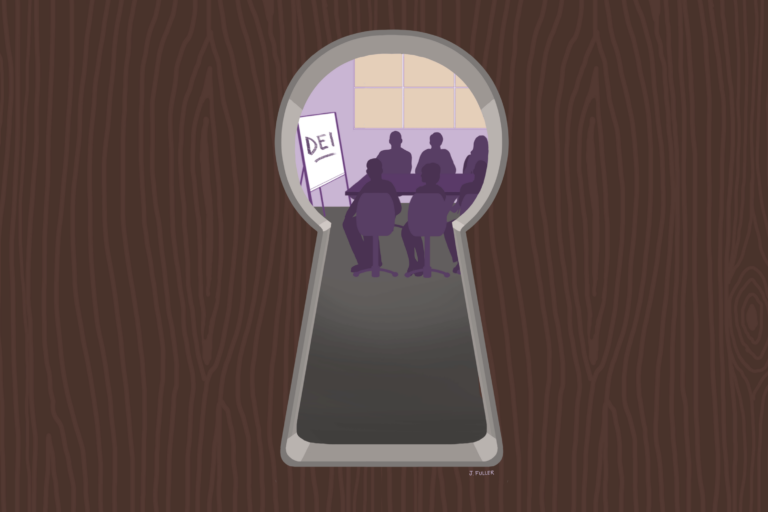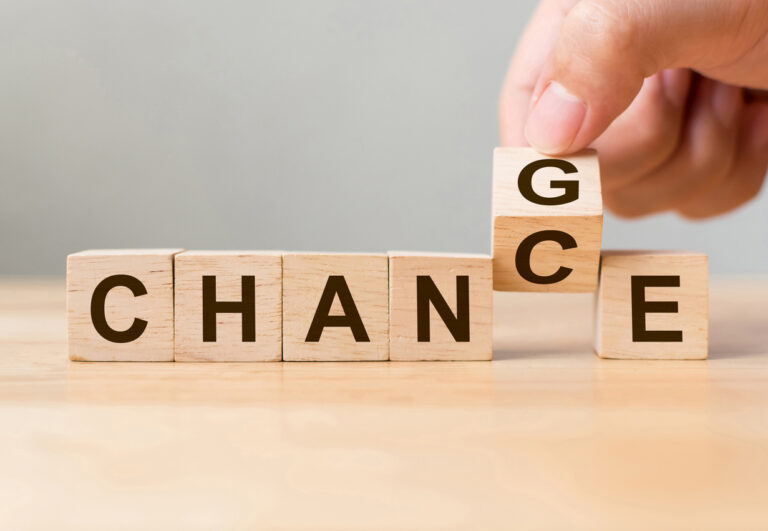Organizations Viewed More Positively Than Industry
When comparing their organizations to the industry as a whole, respondents across different racial groups, levels of experience, and job levels were more positive about DEI efforts within their organization than within the industry as a whole, with one exception: Few respondents feel individuals in their organizations are able to have discussions on difficult/uncomfortable topics.
We don’t know if respondents perceive the public media “industry” to be represented largely by other stations, by networks like NPR and PBS, or both.
It was clear from the comments submitted by respondents that skepticism exists over the authenticity of DEI efforts in public media. Some verbatims expressed concern that organizational trainings lead primarily to performative actions rooted in progressive white culture like saying the “right” things, as opposed to actions that lead to meaningful change in accountability structures and the ways in which power, opportunity, and representation are shared — or not shared — in organizations. Many respondents asked to see the survey results in order to take them back to their organizations to facilitate awareness-building and goal-setting.
Let’s Take This Forward Together
Our goal in sharing our survey results is to allow all of our public media colleagues to take these data into conversations within organizations. If you would like Greater Public to present the data to your organization, or receive a copy of the survey data, get in touch with us.
We all share a responsibility to implement diversity, equity and inclusion. Progress especially depends on active engagement by senior leadership who are responsible for setting strategy, tone and culture within organizations, and ensuring equitable structures and policies. But leaders can’t do this work alone. More opportunities to engage in DEI at all levels of an organization will create more progress over time. Equitable organizations genuinely value differences as a strength and are skilled at recognizing systemic advantage. These practices must be modeled by leadership to take root organization-wide.
Having greater transparency helps. It’s crucial that leaders offer clear, ongoing communication about challenges, progress, and opportunities. If staff don’t hear about the DEI work that’s being done in an organization (however imperfect), they will assume it’s not happening.
Finally, building equitable organizations requires unwavering grit and ongoing introspection. Practicing transparency and good communication means we must also be able to hold conflict, ambiguity, and discomfort. Hard conversations are, indeed… hard. But equitable organizations are effective and rewarding places to work. They tend to be high-trust, high-engagement environments, with strong staff retention and good problem-solving. Building equitable organizations is the only way to fulfill public media’s mission to serve the American public. I’m grateful to be in this work alongside all of you. Together we can create a better public media for the future.
























